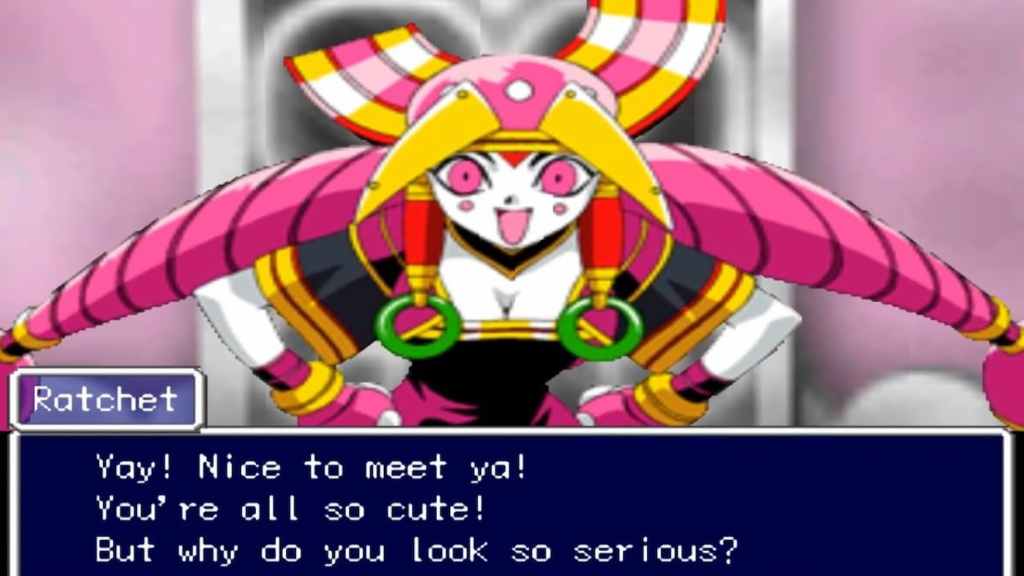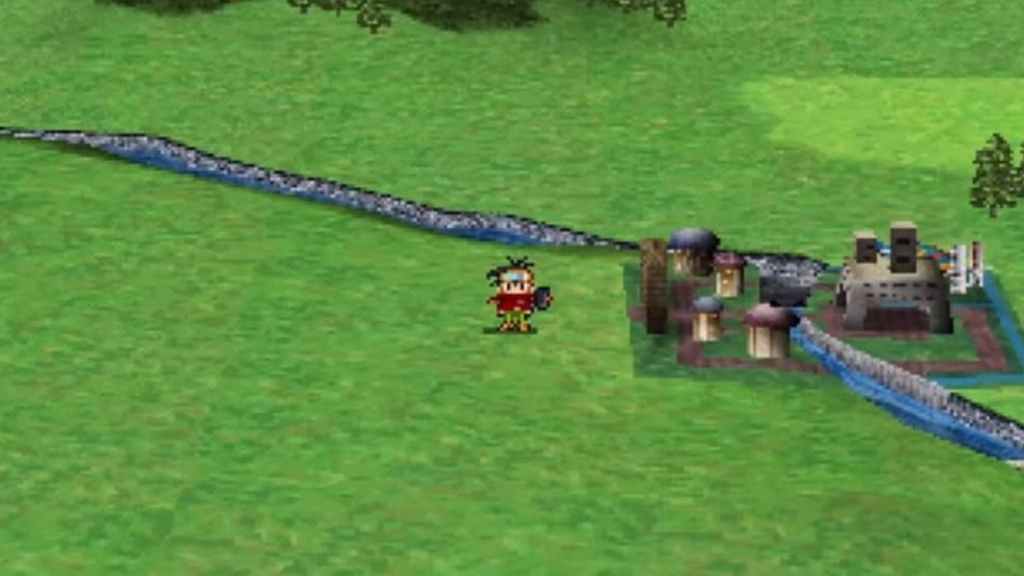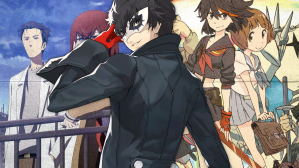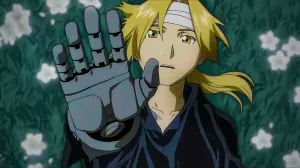Persona 5 is one of the best JRPGs of all time, and Atlus has capitalized on its success. The Persona series has seen multiple games get remasters and remakes, but the PlayStation game that inspired it all has seemingly been forgotten. It may not have the flashy and sleek style of Persona 5, but it deserves more attention. It planted the seed for something fans love about Persona 5 and other games: a relationship system that directly impacts gameplay. Without it, Atlus and other developers may have never realized the potential for this gaming feature.
Videos by ComicBook.com
Atlus released Thousand Arms on October 14th, 1999. It was a quirky, romantic, and experimental RPG that mixed dating-sim mechanics with traditional turn-based combat, and I loved it. The first Persona game had been released before this, but it was a conventional dungeon crawler and something I couldn’t get into. It wouldn’t be until after Thousand Arms that the series adopted the dating mechanics loved today in Persona 3, 4, and 5. This one decision in Thousand Arms would alter gaming forever, but few remember its legacy.
Dating Meets Dungeon Crawling: How Thousand Arms Blended Romance and Combat Long Before Persona

In the late 1990s, RPGs were all about scale. Epic worlds, sweeping soundtracks, and save-the-world stakes. Thousand Arms took a different path, opting for the awkward, funny, and heartfelt connections between its characters over grand battles between gods and mortals. Its protagonist, Meis Triumph, was no stoic chosen one, but rather a flirtatious blacksmith who often found himself in trouble. While players would certainly engage in dungeon-crawling and turn-based battles, another major focus was dating the female cast.
This wasn’t romance for the sake of novelty. The stronger Meis’ relationships grew, the more powerful his weapon-forging skills became. Dating wasn’t a side activity—it was gameplay that directly influenced your combat performances. Navigating dialogue and choosing the right options to enhance your abilities was a radical concept. This interweaving of social and mechanical systems had been teased by other RPGs, but Thousand Arms fully embraced it, ultimately leading to Atlus applying it to Persona 3.
This mechanic is all the more evident in Persona 5. Joker’s Confidants can become potential romantic interests that grant him new abilities and stories. Other games, such as Fire Emblem: Awakening, capitalized on romance as well. While this is the norm today, with multiple games outside of these featuring romance as a power-up, it was revolutionary in 1999. Most Western audiences weren’t even aware of Japanese dating sims until Thousand Arms introduced it, and now they are hooked. Just look at any character-driven game, and you’ll see the question “Is there romance?” asked multiple times (I may have asked this once or twice myself).
The PS1 Experiment That Set the Stage for Modern Social RPGs

Atlus has always been a studio that thrives on experimentation, but Thousand Arms was a particularly bold risk. Persona mixed classic dungeon-crawling with psychological flair, but Red Company and Atlus created an RPG that played like no other. At first glance, Thousand Arms felt like a traditional JRPG thanks to its turn-based combat, overworld exploration, spell casting, and boss battles. But its true depth became evident as I navigated dating conversations that were mini puzzles.
These two systems were deeply intertwined. I found myself not just using party members who were good in battle and matched my combat style, but ones I wanted Meis to romance and befriend. Sodina Dawnfried and Metalia became the objects of my affection, while I found myself wanting to fight side-by-side with Muza Grifford forever. Even though I was obsessed with JRPGs, the visual novel dating sim aspects took over.
This blend of mechanics added layers of depth, strategy, and stress. Success wasn’t just picking the right answer, but learning what character you were talking to and their preferences. The relationship system was a living system, one that would ultimately prove to be the prototype of the “life simulator meets RPG” formula so popular today. I’ve already mentioned Fire Emblem and Persona 5, but the Mass Effect trilogy and Baldur’s Gate 3 are other examples of acclaimed games that adopted Thousand Arms’ bold experiments.
Why Thousand Arms Never Reached Persona’s Fame

So, where is Thousand Arms today? Despite its following, few even know about this classic PS1 game while Persona is a household name. The simplest answer is timing. It was released toward the end of the PS1’s life cycle as the PlayStation 2 was on the cusp of release. Industry-changing titans like Final Fantasy VII and Chrono Cross were around the corner, and Thousand Arms simply couldn’t compare to Square Enix’s juggernauts. Atlus was by no means small, but at this time, it didn’t have the reputation it does today.
The marketing was another issue. Atlus was still a niche publisher in the West and couldn’t push Thousand Arms into mainstream attention. This was further hurt by uneven localization, even if it was charming. The result was something players either didn’t know was releasing or simply dismissed as a weird anime dating RPG. Traditional fantasy epics were the preference at this time, and thus, Atlus’ experiment had to face an uphill battle.
While Thousand Arms lies forgotten in Atlus’ library, its creative ideas can be seen everywhere. Dating sim mechanics, matching dialogue choices up with characters’ interests, and more are prevalent across the gaming industry. Persona 5 stands as one of the best examples of its influence. The heart, humor, and human connection reminded me so thoroughly of Thousand Arms that I hope Atlus considers revisiting this game and giving it a modern facelift. As it stands, it remains a cult masterpiece blending RPG mechanics, character-driven storytelling, and romantic interactivity that kept me hooked to my PS1.
What do you think? Leave a comment below and join the conversation now in the ComicBook Forum!









